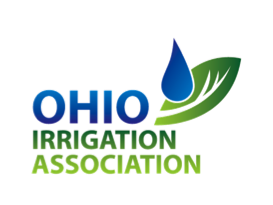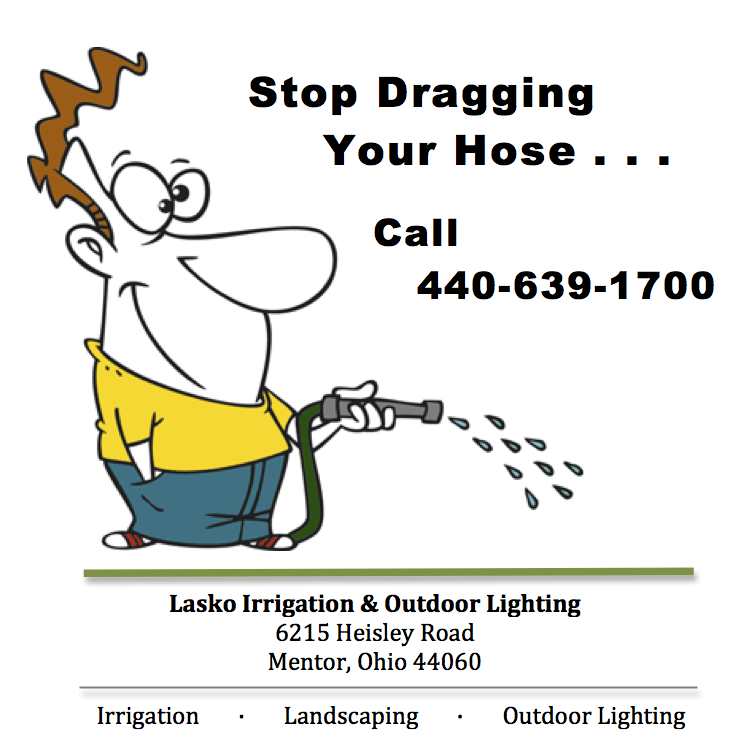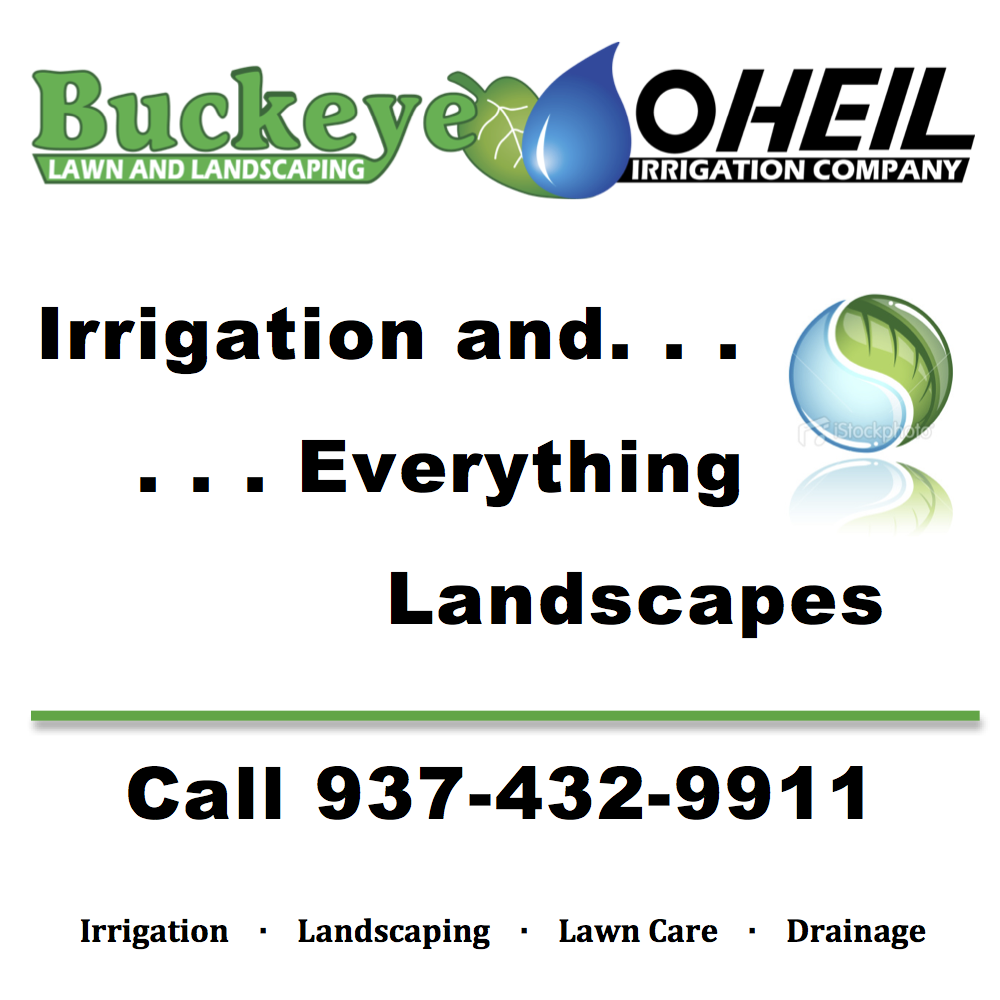Service Contracts Can Get Your Business Through the Seasonal Slump
“If not for maintenance, I wouldn’t be in business today.”
That’s how one irrigation contractor recently described the value of maintenance services for his business. At this time of year in particular, maintenance can be the key to survival in the landscape irrigation industry.
Beyond Winterization
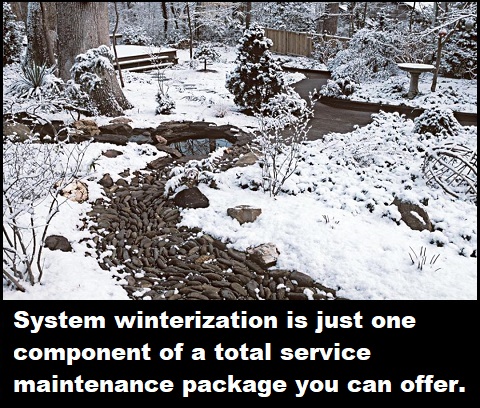 No doubt you are already offering winterization and spring start-up services to your new and existing customers. But an irrigation service contract would go beyond that.
No doubt you are already offering winterization and spring start-up services to your new and existing customers. But an irrigation service contract would go beyond that.
With a service contract, customers pay you a monthly fee to perform general maintenance on a regular basis. By offering your clients an annual service contract, you can augment your month-to-month income by maintaining irrigation systems year-round.
It’s a great way to provide your business with a stable, reliable income while also keeping your customers’ irrigation systems in tip-top shape. And a service contract can save a customer large sums of money in repairs. So it’s a win-win for both you and your clients.
Service Contract Do’s and Don’ts
- Do: Try selling service contracts on every install.
- Do: Make it easy for customers to see the cost of adding a service contract.
- Do: Explain the value of a service contract to customers who need help.
- Do: Stay in touch with customers who don’t yet have service agreements.
- Do: Explain the bottom-line costs with and without a service contract.
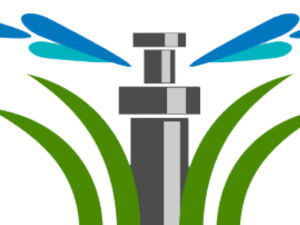
- Don’t: Hesitate to offer a service contract to existing customers.
- Don’t: Assume some customers aren’t candidates for service contracts.
Source: Commercial Integrator
Services to Include
In addition to winterization and spring start-up, maintenance services offered in your contract should include programming controllers to prevent over-watering in November and under-watering in July. Most clients would not make this adjustment on their own, but it can save a significant amount of water – reducing their water bill and helping the environment.
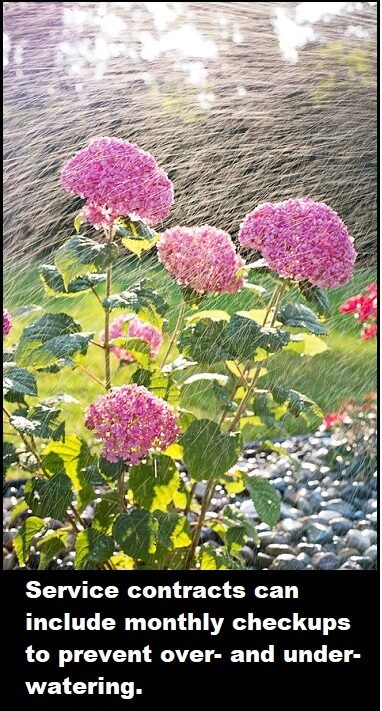 You’ll also want to include the following services:
You’ll also want to include the following services:
- Inspecting the controller and ensuring it’s plugged in and functioning.
- Updating the time and date.
- Checking the connection on all of the wires and ensuring that rain, wind or soil-moisture sensors are connected.
- Replacing the back-up battery.
- During times of drought, changing the watering schedule to reflect the allowed watering days and times.
- Adjusting the Seasonal Adjust or Water Budget on the controller. (This can save up to 60% of the water used over the “set and forget” schedule.)
- Turning on each zone and checking for system damage such as:
-
-
-
- Leaking valves or pipes
- Broken or missing heads
- Clogged nozzles
- Seal leaks
- Sunken heads
- Tilted heads.
-
-
The Bottom Line
So while winterization and spring start-up are both important, think of them as components in a full array of services which you can provide to your customers through an irrigation service contract. Armed with education and training, year-round irrigation system maintenance can be a natural add-on service opportunity, resulting in happy clients and a more lucrative bottom line.
Need Help?
 Do you need help drafting a service contract for your landscape irrigation business? There’s plenty of help online. Check out the following links:
Do you need help drafting a service contract for your landscape irrigation business? There’s plenty of help online. Check out the following links:
- https://success.hindsitesoftware.com/field-service-software-blog/how-to-write-an-irrigation-service-contract
- https://www.upcounsel.com/service-agreement
- https://www.lawdepot.com/contracts/service-contract/?loc=US#.XW1AyShKjIU
- https://www.nolo.com/legal-encyclopedia/how-to-draft-a-service-agreement.html
Sources:
Turf Magazine
Alliance for Water Efficiency
Commercial Integrator
